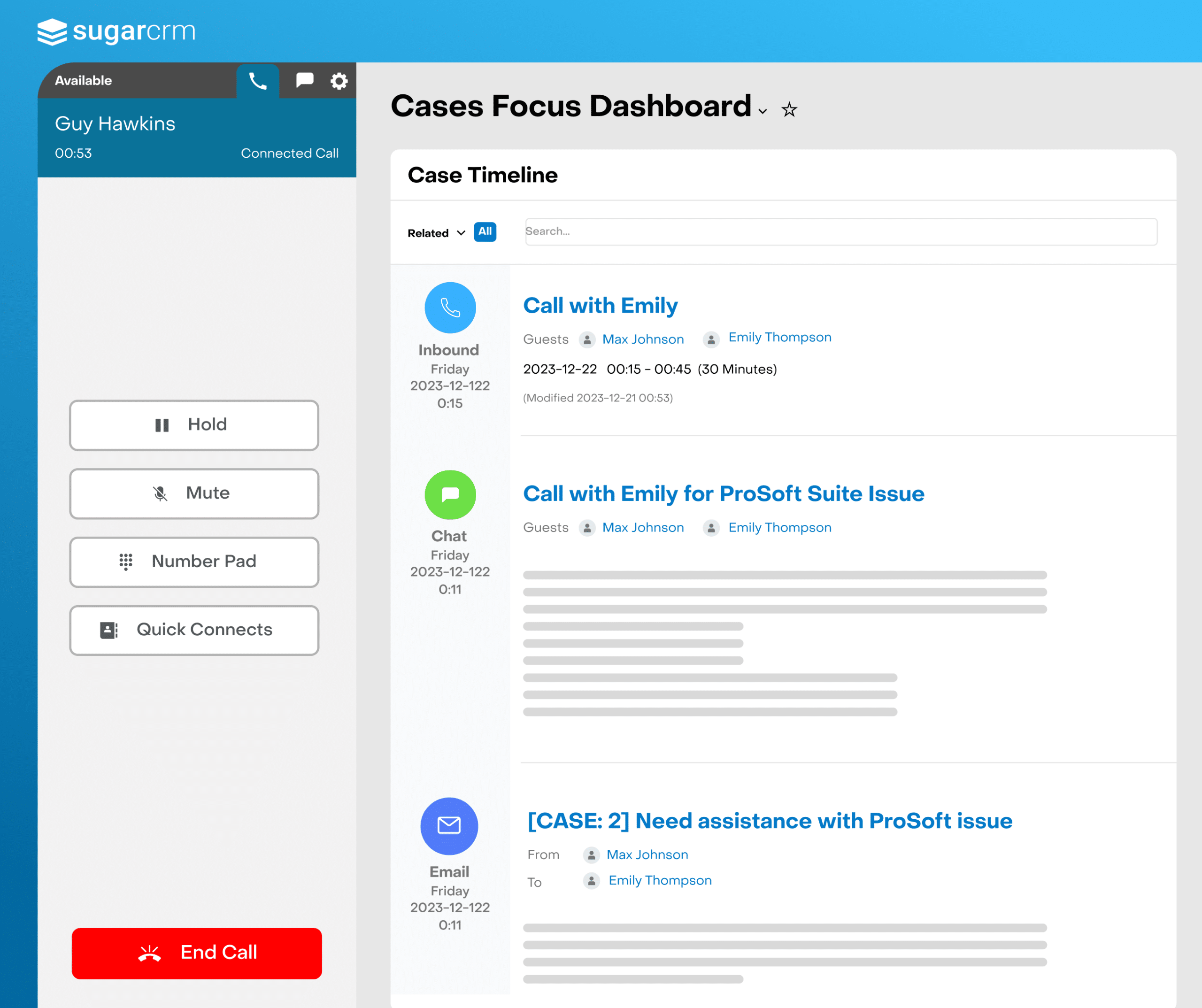Are Stakeholders the Key to CRM User Adoption?
Congratulations, you’ve found the perfect CRM platform for your business. But don’t celebrate yet! According to a recent McKinsey study on change management, companies with no or poor adoption plans saw 35% return on investment (RoI) when compared to the 141% for companies with effective user adoption plans. After conducting research and consulting with CRM experts, a consistent theme arose: the value of stakeholder engagement.
In this blog post, we will outline how identifying and engaging your stakeholders may be key to avoid striking out.
What Are Stakeholders?
Stakeholders are the individuals in all sectors of the business that are invested in or affected by the CRM system’s success. They are the people who care (or should care) about the final results. Engaging your stakeholders, understanding their needs, and utilizing their knowledge can be invaluable in improving the user adoption process.
Identifying Stakeholders and Their Needs
This is not always an easy task. Often the person you assume would care the most is not always very informed or invested in the reality of the platform in use. For more clarity, I spoke to Chris Meyer, one of our Consulting Managers, for tips on identifying stakeholders. Here’s the gist: to identify stakeholders and champions, you need to know who to ask. It is important to have a point of contact within each department that can connect you with the right people. Moreover, don’t be afraid to utilize and find resource connections outside of the org chart. Stakeholders are likely embedded in the company and can take on responsibilities outside of their specified titles or duties.
“Stakeholders are the people who care about the systems final results.” – Chris Meyer, Consulting Manager
Once you define your stakeholder groups, you need to identify each of their unique needs. Here are some guiding questions to help you assess and identify those individuals and their needs. Ask yourself:
- Are your stakeholder groups aware of this project?
- If so, how aware are they?
- How committed are they?
- How big of a risk is it if they are not engaged?
Assign Champions from Each Department
You have most likely heard buzz words like sponsors, ambassadors, and champions when referring to successful CRM adoption. These “champions” are the respected influencers within each stakeholder group that are both invested in the success of the CRM project and actively rallying their peers. For example, an ideal sales champion would be the top performing sales executive, because they are often well-respected and invested in seeing positive results.
Katie Liesmann, our Marketing Manager, suggests that it is even more important to get at least one stakeholder involved from each department, especially in the areas of marketing, sales, support and IT. Selecting representatives from each of these areas is essential to maintain the communication and collaboration necessary for smooth CRM implementation. Moreover, these people can take responsibility for keeping stakeholder groups engaged with frequent and consistent updates.
“It’s really important to get stakeholders involved from every department. These people can be your ‘champions’, and not only can they advocate for their team and what their needs are, but they can also help encourage people to use the system once it’s deployed because they are invested in it.” – Katie Liesmann, Marketing Manager
Executive Sponsors
Engagement from executives and management is also essential to CRM success. Executive sponsors should be your biggest champions. In addition to taking on financial and business responsibility, executives are responsible for motivating and guiding the team. David Newberry, one of our Customer Success Managers, stated the following: “Executive leadership and culture can solve the majority of the issues. I see this in our customers all the time. A good CEO will look at a CRM, and if they do not see the controls they want, they will look to implement them. CRM is only successful from the top down.”
Bonus Tip: Get Help!
Above all, it is vital to seek help from consultants and experts that can assist you in organizing your CRM implementation plan. According to I-Scoop publications, the role of CRM consultants is to assist project owners with change management processes, ensuring collaboration between internal and external parties, and to coordinate all aspects that are needed for CRM success. They argue that finding the right partner to assist in the process can be more important than selecting the CRM solution itself. If you incorporate this tip you can easily avoid the Valley of Despair and head down the pathway to success. To learn more about how bringing on a CRM consultant can ensure CRM success, visit our website.
To discuss this blog with other members of the SugarCRM community, please visit the SugarCRM Partner Corner.

